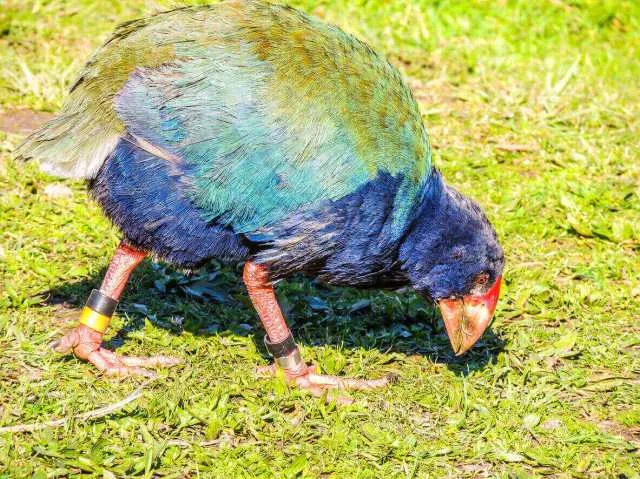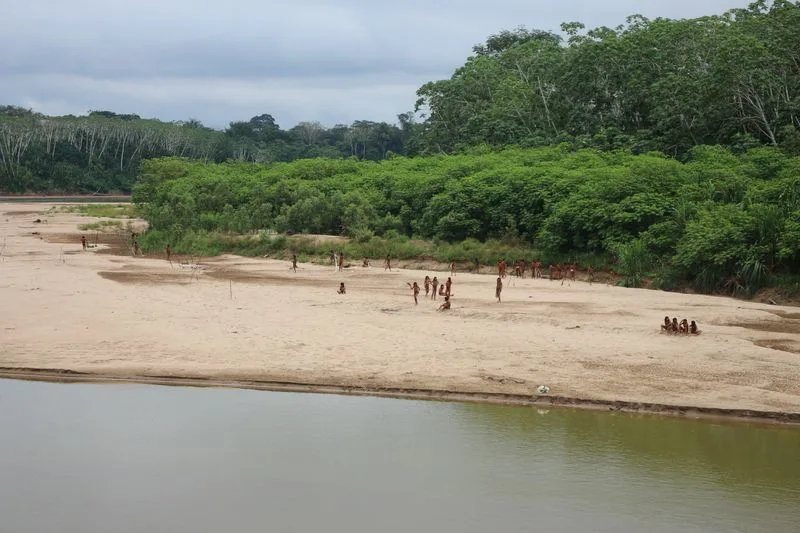A rare and unusual bird once thought to be extinct has made a miraculous comeback, according to scientists and conservationists. The takahē, a flightless bird native to New Zealand, was last seen in 1898 and was presumed to be extinct until a small population was rediscovered in 1948.
The takahē is a large, colorful bird with a long neck and legs. It is the largest flightless bird in New Zealand and is one of the rarest birds in the world. The takahē is an important part of New Zealand’s culture and history, and its return is a significant event for the country.
The takahē’s population has been steadily increasing in recent years, and there are now an estimated 400 birds in the wild. The birds are still endangered, but their comeback is a remarkable success story.

Scientists are not sure exactly why the takahē population has surged back in recent years. However, they believe that a combination of factors, including habitat protection, predator control, and captive breeding programs, have contributed to the bird’s success.
The takahē’s comeback is a sign of hope for conservationists around the world. It shows that even the rarest and most endangered species can be saved with the right efforts.
Why is the takahē’s return so significant?
The takahē’s return is significant for a number of reasons. First, it is a sign that conservation efforts are working. The takahē was once thought to be extinct, but thanks to the hard work of scientists and conservationists, the bird is now thriving.
Second, the takahē is an important part of New Zealand’s culture and history. The bird is featured in Maori myths and legends, and it is considered to be a sacred creature by many Maori people. The takahē’s return is a significant event for Maori culture and for New Zealand as a whole.
Finally, the takahē’s return is a sign of hope for the future. It shows that even the rarest and most endangered species can be saved if we work together. The takahē’s comeback is a reminder that we have a responsibility to protect all of the creatures that share our planet.








